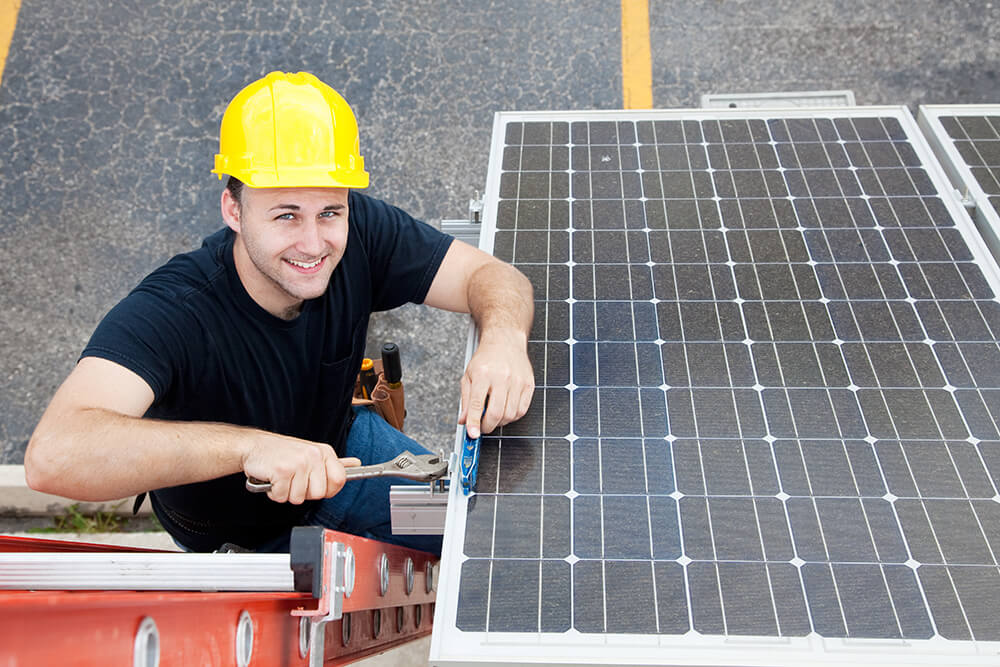

Posted Tuesday, September 17, 2019
The Difference between Residential and Commercial Solar Power
Within the solar power industry, there are many specializations. It’s common for solar power equipment manufacturers to provide equipment that is engineered for either commercial or residential applications, though it’s not often clear what the difference is between the two.
In this weeks post, we’re clearing up the confusion by explaining exactly what separates commercial solar power equipment from residential.
Commercial Means ‘Commerce’
Let’s start with the meaning of the term ‘commercial’. In any other context, “commercial” might simply refer to any enterprise that is focused on conducting commerce, or the exchange of goods or services for money.
Within the solar power industry, the word commercial takes on a bit of a different meaning. Commercial solar power can be safely said to refer to any solar power generation system that is installed on a commercial building, like a warehouse, factory, strip mall, or similar. Commercial solar panels are often built to provide higher electricity output, which often means they are bigger, heavier, and take up more space on the roof.
It’s important to note that commercial doesn’t necessarily mean utility. Utility solar is another class of solar power that stands apart from ‘consumer-grade’ solar power. This is because utility-scale solar is used for the expressed purpose of providing power ‘downstream’ to the end consumer.
Utility-scale solar equipment is rarely ever used on residential buildings, but it’s can sometimes be used for commercial solar projects if the demand calls for it.
Whether Residential or Commercial, Urban Solar is Ready to Help
At Urban Solar, we treat every solar power project as if it’s success means the world to us. We bring the same professionalism and customer focus to every job we take on, whether it involves a small, residential system or a larger, commercial one.
To learn more about how we can help you, contact us today.


